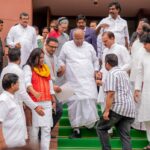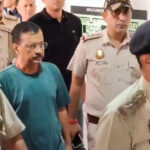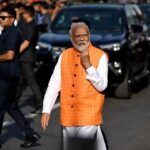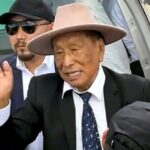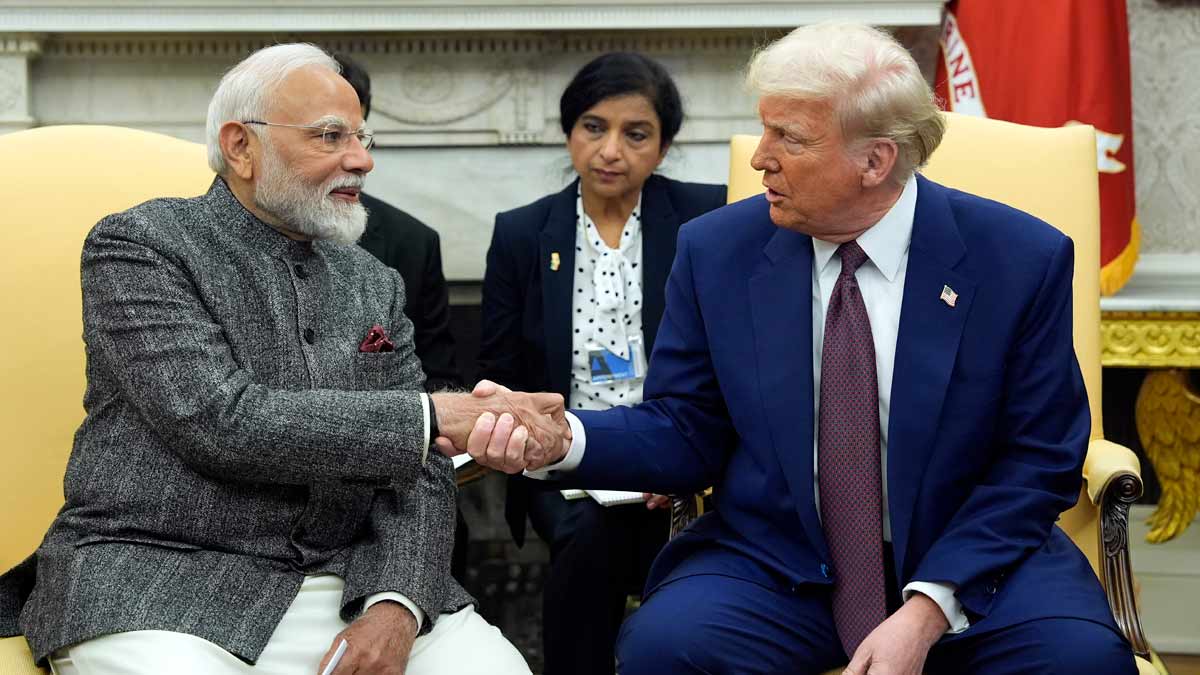In the wake of significant political upheaval in Bangladesh, former U.S. President Donald Trump has categorically denied any American involvement in the recent regime change. Instead, he suggested that the situation has been managed by Indian Prime Minister Narendra Modi. This statement comes amidst a flurry of allegations and denials concerning foreign interference in Bangladesh’s internal affairs.
U.S. Official Statements on Bangladesh Crisis
The White House has been prompt in addressing rumors about U.S. interference in Bangladesh’s political landscape. White House Press Secretary Karine Jean-Pierre, in a media briefing, stated, “We have had no involvement at all. Any reports or rumors that the United States government was involved in these events are simply false. That is not true.”
Jean-Pierre emphasized that the future of Bangladesh’s government should be determined by its own people, underscoring the U.S. stance of non-interference. “This is a choice for and by the Bangladeshi people. We believe that the Bangladeshi people should determine the future of their government, and that’s where we stand,” she added.
Allegations of Foreign Interference
The political crisis in Bangladesh escalated when former Prime Minister Sheikh Hasina resigned on August 5, following widespread protests against her administration’s policies. These protests, initially sparked by disputes over a controversial quota system in government jobs, intensified into broader anti-government demonstrations. In the aftermath, an interim government led by Nobel laureate Muhammad Yunus was established.
Amid these developments, allegations surfaced suggesting that foreign entities, particularly the United States, played a role in orchestrating the mass protests leading to Hasina’s ouster. Former U.S. State Department official Mike Benz claimed that agencies like USAID and the National Endowment for Democracy (NED) were involved in efforts to destabilize Bangladesh’s political environment. Benz alleged that these organizations employed various strategies, including funding local rap groups to produce protest songs aimed at encouraging demonstrations.
Denials from U.S. Officials
In response to these allegations, U.S. officials have been unequivocal in their denials. Vedant Patel, the U.S. State Department’s Principal Deputy Spokesperson, described the accusations as “laughable” and “absolutely false.” He stated, “Any implication that the United States was involved in Sheikh Hasina’s resignation is absolutely false.”
Furthermore, Sajeeb Wazed, Sheikh Hasina’s son, refuted reports attributing certain statements to his mother. He clarified, “The recent resignation statement attributed to my mother published in a newspaper is completely false and fabricated. I have just confirmed with her that she did not make any statement either before or since leaving Dhaka.”
India’s Role and Regional Dynamics
While U.S. officials have denied involvement, former President Trump suggested that the situation in Bangladesh has been left to Indian Prime Minister Narendra Modi. This remark highlights the regional dynamics at play, considering India’s geographical proximity and historical ties with Bangladesh.
Prime Minister Modi has expressed concern over the recent events in Bangladesh, particularly regarding the safety of minority communities. In a message on social media platform X (formerly Twitter), he extended his best wishes to Professor Muhammad Yunus on assuming new responsibilities and emphasized the importance of ensuring the safety and protection of all minority communities in Bangladesh.
Broader Implications
The political turmoil in Bangladesh has led to significant regional and international attention. The swift changes in leadership and the establishment of an interim government have raised questions about the stability of the region and the potential influence of neighboring countries.
While the United States has firmly denied any involvement, the allegations and subsequent denials underscore the complexities of international relations and the sensitivities surrounding sovereignty and foreign intervention.
As the situation continues to evolve, the focus remains on the people of Bangladesh and their right to determine their own political future. The international community watches closely, emphasizing the importance of self-determination and non-interference in the internal affairs of sovereign nations.


